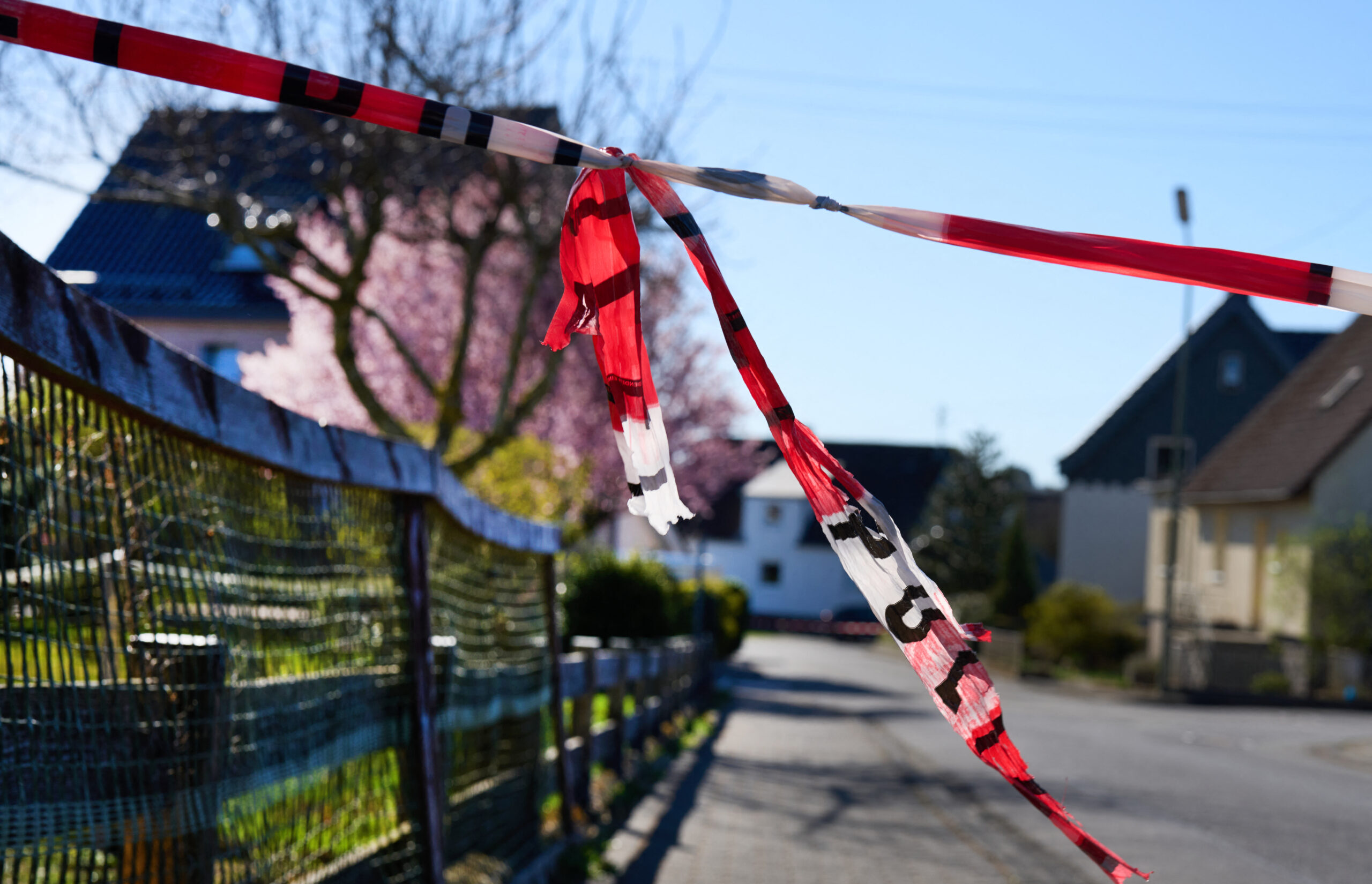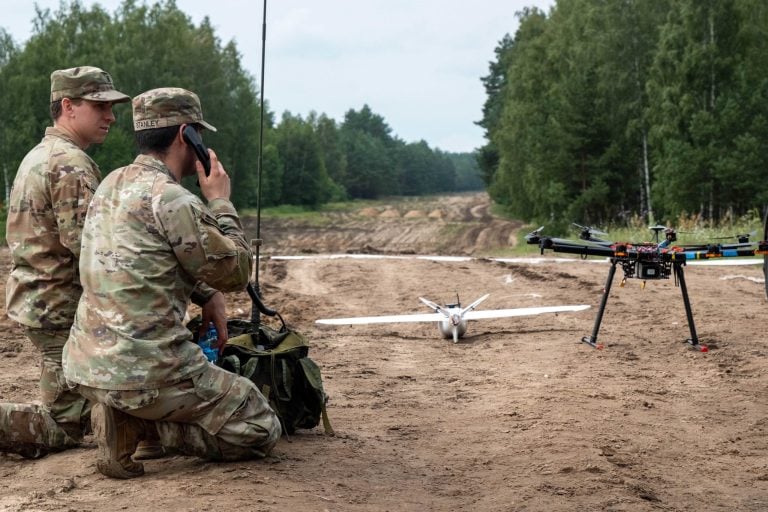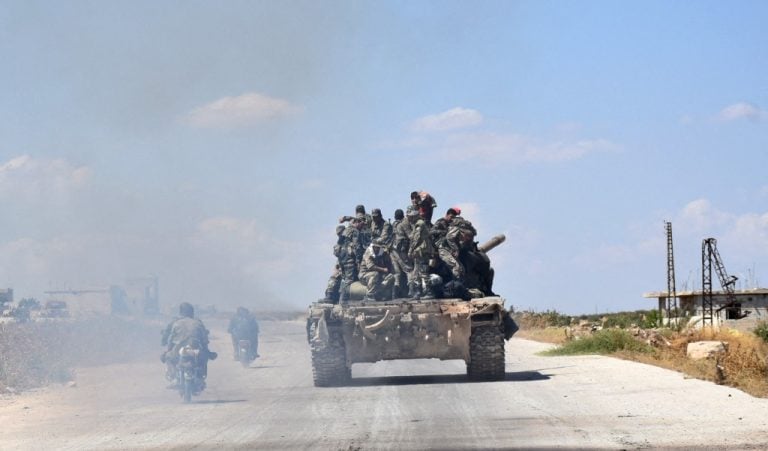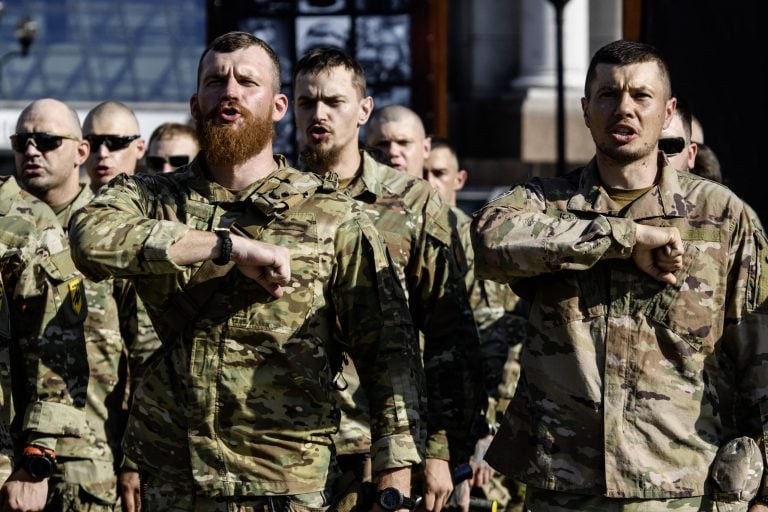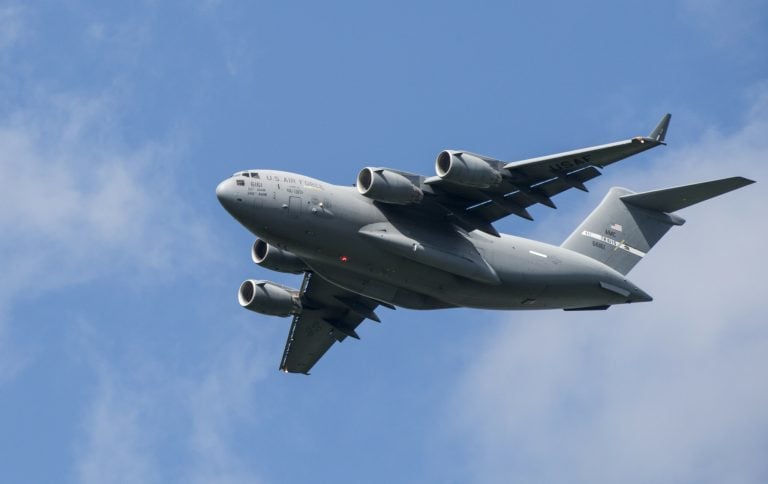Germany has launched an investigation into potential foreign influence regarding a series of violent attacks over the past year that have sparked significant public debate and concern about migration. This scrutiny follows media reports suggesting that Russian actors might have played a role in these incidents, which predominantly involved asylum seekers and included stabbings and car-rammings.
One of the most notable cases currently under examination involves an Afghan man who is on trial for a stabbing spree that occurred at an anti-Islam rally in Mannheim last May, an attack that tragically resulted in the death of a police officer and injuries to several others. In light of recent findings, public broadcaster ZDF reported that Russian online accounts had engaged in searches related to the Mannheim attack just days before it transpired.
The spokesperson for Germany’s interior ministry refrained from commenting specifically on the ZDF allegations, but confirmed that the government is thoroughly investigating “possible indications of targeted influence from abroad” concerning the violent incidents. The spokesperson emphasized that this matter is being treated with utmost seriousness and highlighted that, while investigations are ongoing, there are currently “no clear indications” of foreign influence.
According to ZDF, searches from Russian accounts included queries like “terrorist attack in Mannheim” four days prior to the stabbing, as well as searches for terms such as “attack in Germany” and the name of Michael Stuerzenberger, a prominent critic of Islam who was injured during the incident in Mannheim. Furthermore, the report mentioned that suspicious online activity has also been detected in connection with a separate incident involving an explosion caused by a DHL parcel at Leipzig airport in July.
Anonymous sources with knowledge of security matters informed the Funke media group that the algorithms used in tracking these searches make it challenging to ascertain precise timing for the queries connected to the Mannheim attack. Nonetheless, Konstantin von Notz, a member of the Greens party and a security expert, remarked that the digital evidence and its analysis could play a vital role in uncovering the truth behind these events.
Dirk Wiese, a member of Chancellor Olaf Scholz’s Social Democrats (SPD), noted that the pattern of similar attacks coinciding with the lead-up to Germany’s general election in February is particularly striking. He expressed that the possibility of Russian involvement in these incidents cannot be dismissed lightly, suggesting a need for comprehensive investigation and accountability. As Germany navigates the aftermath of these attacks, the implications for its political landscape and societal discourse around migration remain profound.
